The History of Portugal
Interested in learning more about Portugal?
Portugal is known for its vast and rich history, spanning over two millennia and encompassing various periods of conquest, exploration, and cultural development. Here's an overview of some key events and periods in Portuguese history:
Roman Rule
The region that is now known as Portugal was inhabited by various Celtic and Iberian tribes before it was incorporated into the Roman Empire in the 2nd century BC. The Romans left a lasting legacy, including the Latin language, roads, and infrastructure.
Visigothic Rule
After the fall of the Western Roman Empire in the 5th century AD, the Visigoths established their rule in the Iberian Peninsula, including modern-day Portugal.
Moorish Rule
In the early 8th century, Muslim Moors from North Africa invaded the Iberian Peninsula and established the Al-Andalus Caliphate. Much of Portugal remained under Moorish control until the 12th century when it was gradually reconquered by Christian forces during the period known as the Reconquista.
Formation of Portugal
In 1139, Afonso I (Afonso Henriques) declared himself the first King of Portugal after defeating the Moors at the Battle of Ourique. This marked the beginning of the Portuguese monarchy.
Age of Discoveries
Portugal is perhaps best known for its Age of Discoveries, which began in the 15th century. Under the leadership of Prince Henry the Navigator, Portuguese explorers like Vasco da Gama and Pedro Álvares Cabral embarked on voyages of exploration, leading to the discovery of new lands and the establishment of trading posts and colonies in Africa, Asia, and the Americas. This period brought wealth and cultural exchange to Portugal. 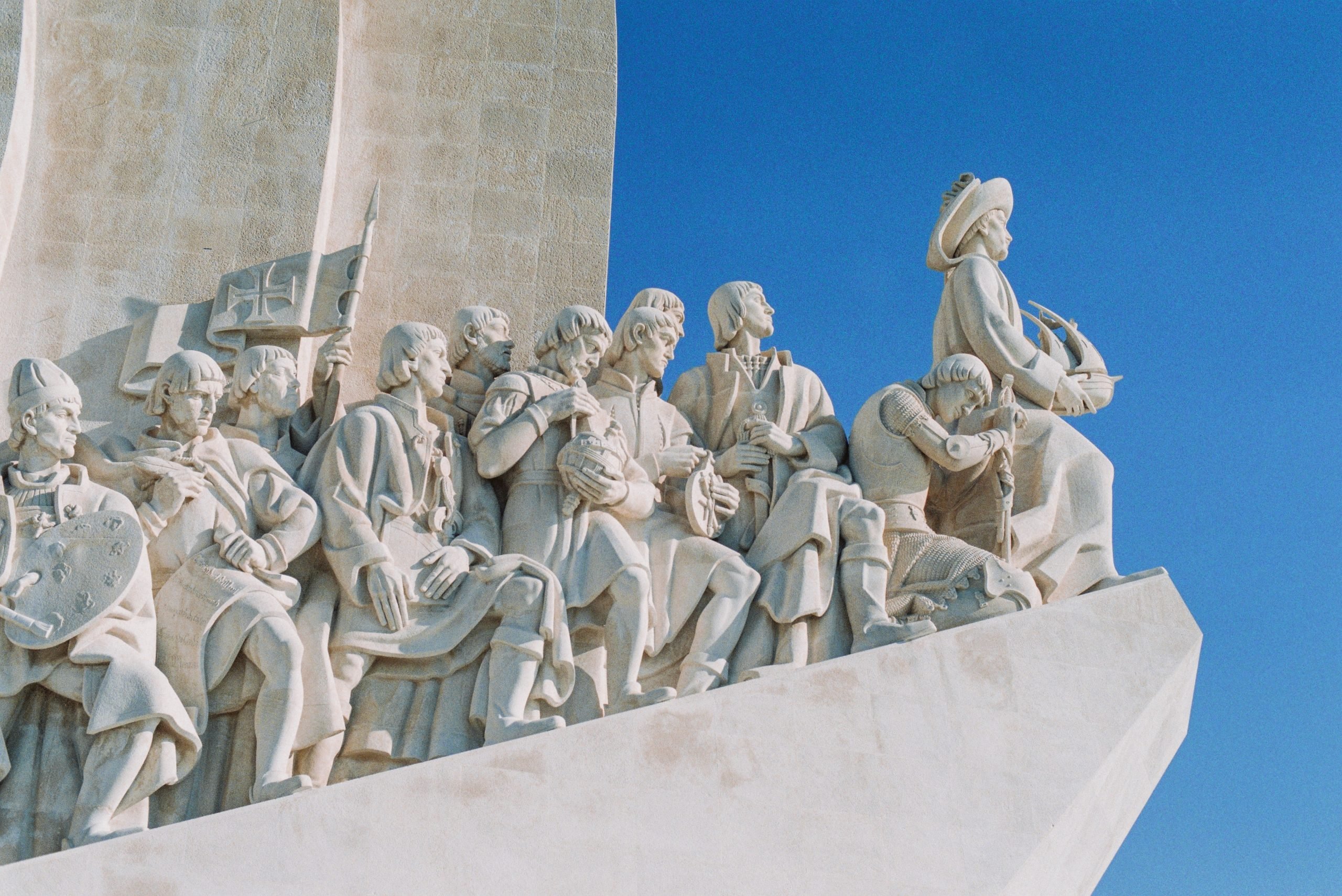
The Treaty of Windsor, signed in 1386, is one of the world's oldest diplomatic alliances and established a close and enduring relationship between Portugal and England. This alliance played a significant role in Portugal's colonial and maritime endeavours.
Union with Spain
In 1580, Portugal came under Spanish rule when King Philip II of Spain became Philip I of Portugal. This period of Iberian Union lasted until 1640 when Portugal regained its independence through the Portuguese Restoration War.
Expansion and Decline
Portugal's overseas empire reached its height in the 16th and 17th centuries, but by the 18th century, it began to decline due to economic problems and competition from other European colonial powers.
Liberal Revolution
The 19th century saw political and social upheaval in Portugal, including the Liberal Revolution of 1820, which led to the adoption of a constitutional monarchy.
Republic and 20th Century
In 1910, Portugal became a republic, ending the monarchy. The 20th century saw significant political instability, including periods of authoritarian rule, notably under António de Oliveira Salazar, who established a long-lasting authoritarian regime known as the Estado Novo (New State).
Carnation Revolution
On April 25th, 1974, the Carnation Revolution, a peaceful military coup, led to the overthrow of the Estado Novo regime and the establishment of a democratic government. Portugal has since become a stable democracy and a member of the European Union.
Modern Portugal
Today, Portugal is known for its vibrant culture, stunning landscapes, and a diversified economy that includes tourism, agriculture, and technology. It has played a crucial role in European integration and maintains strong ties with its former colonies, especially Brazil.
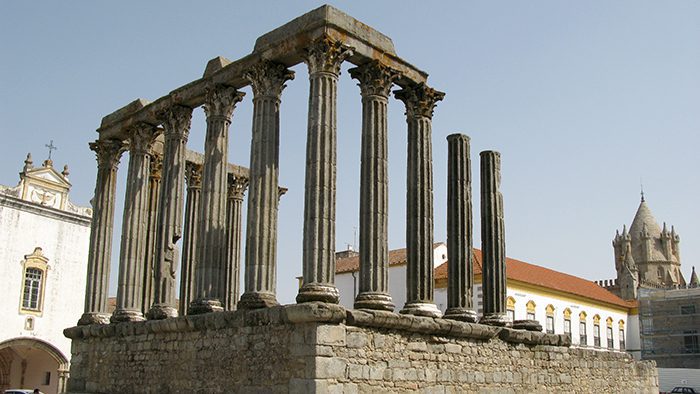
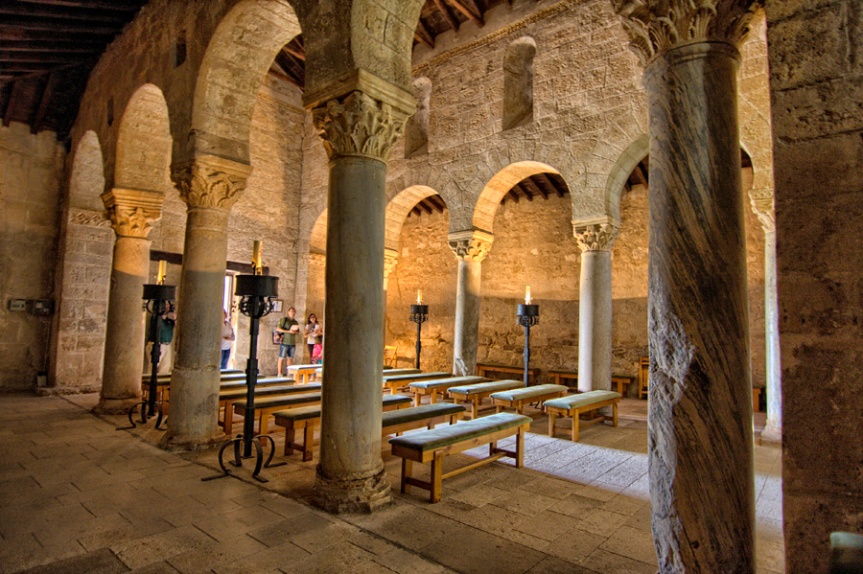
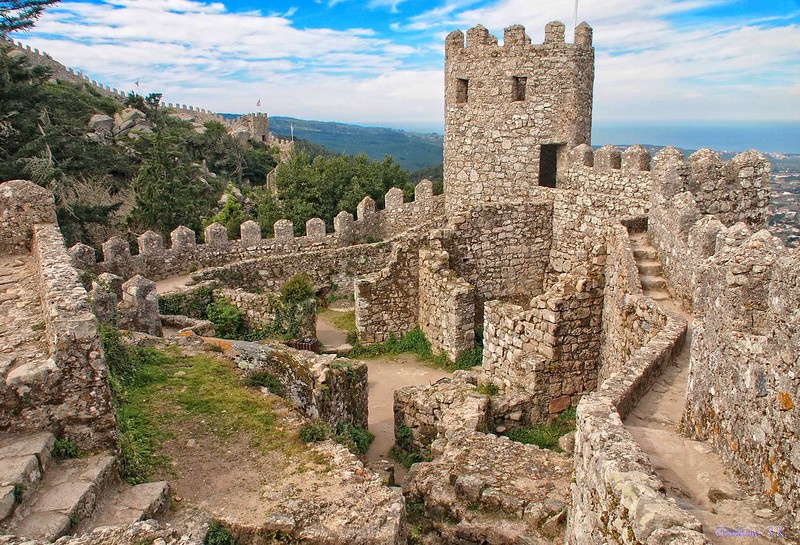
.jpg)
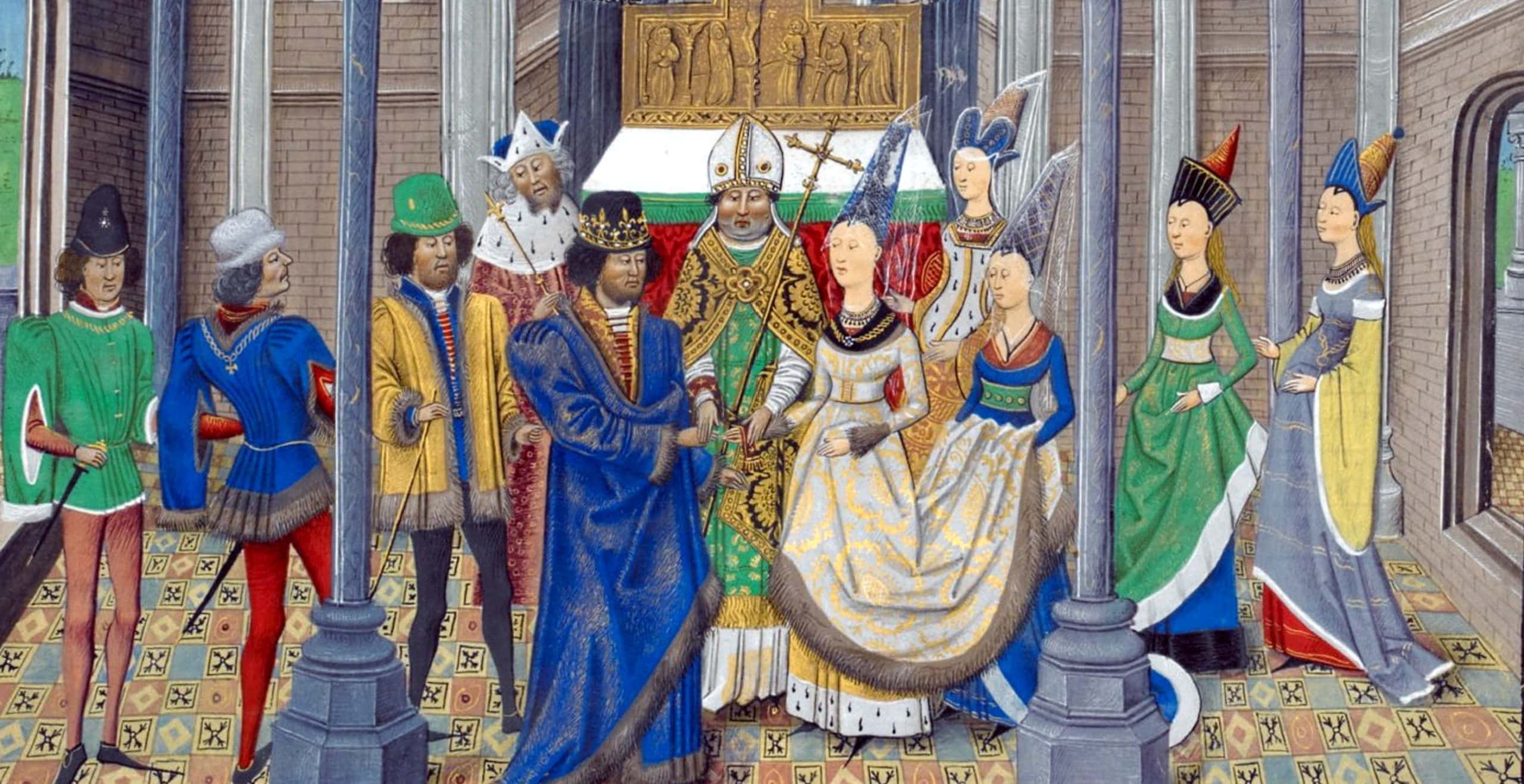

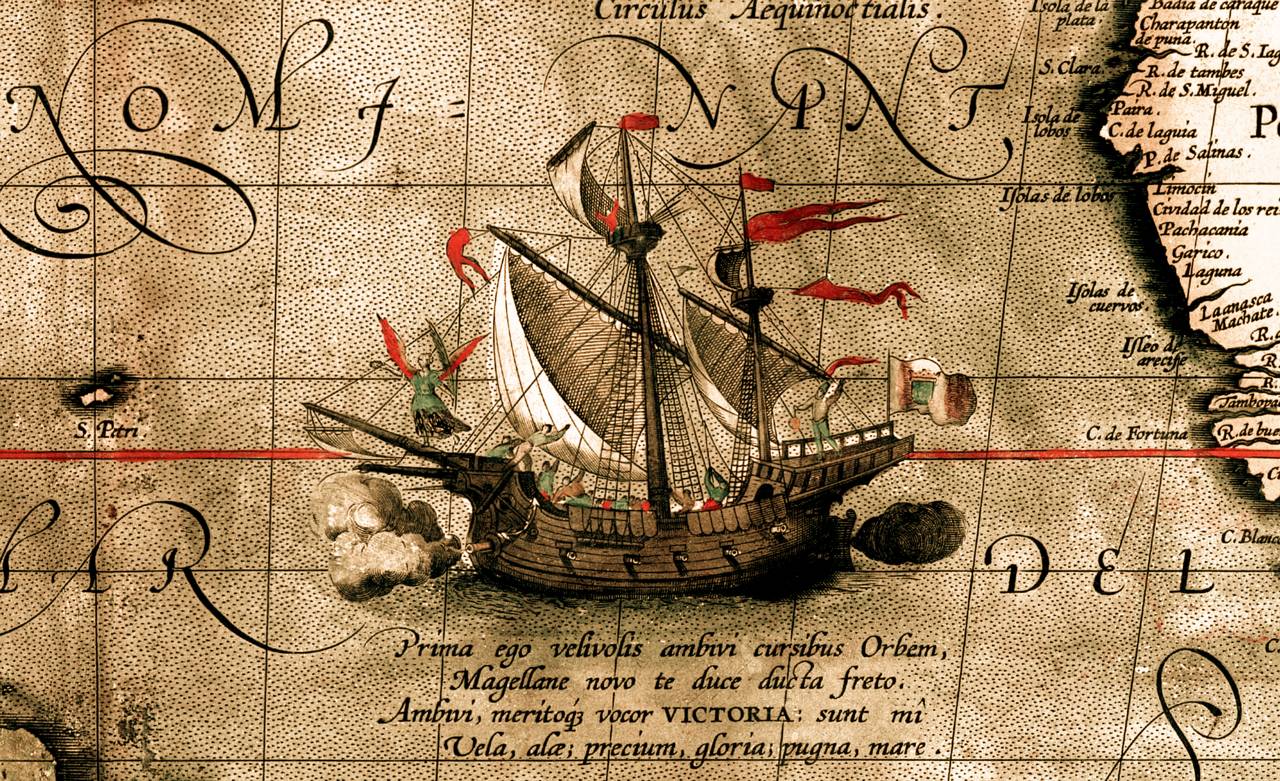





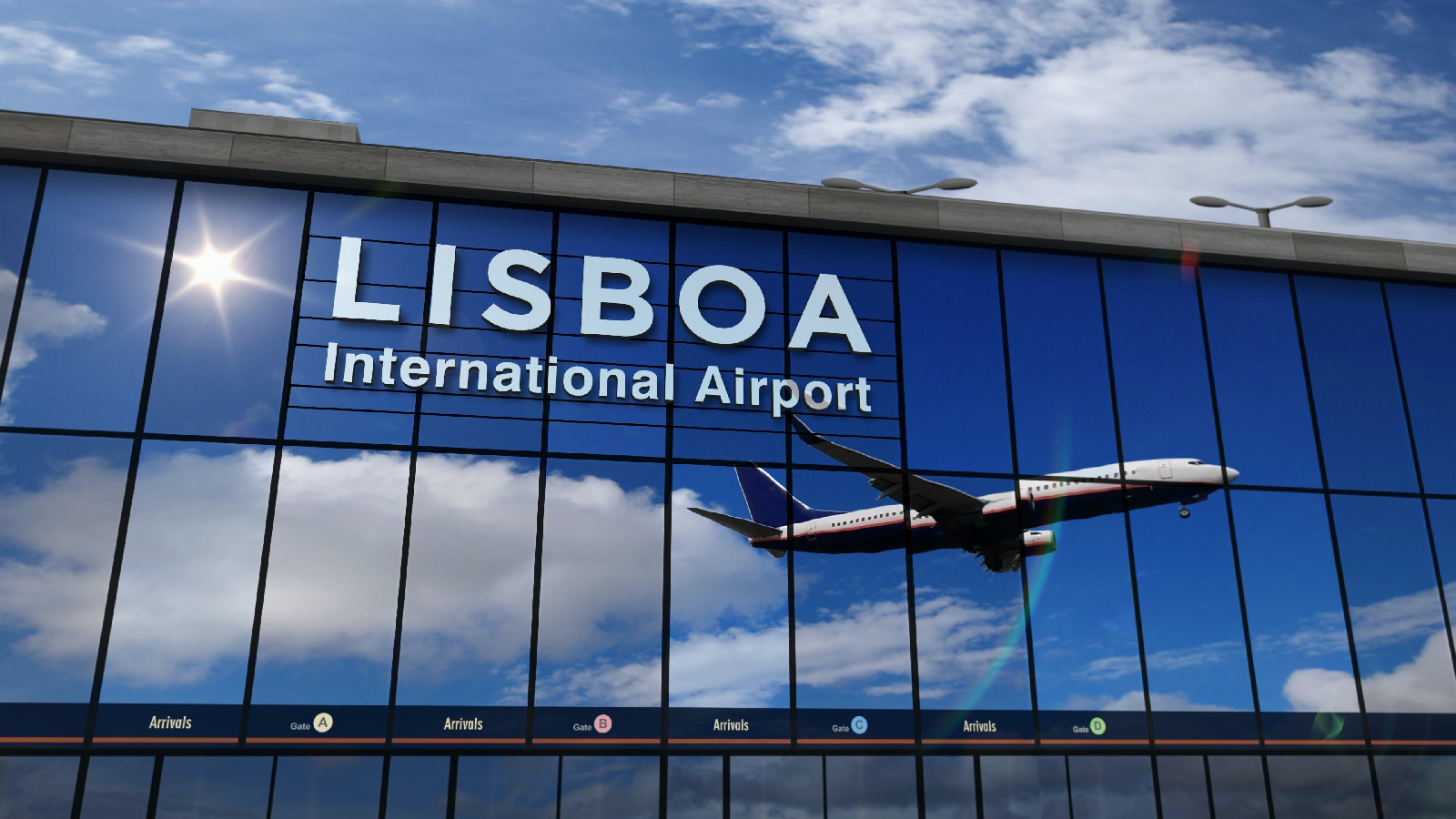
Comments
Post a Comment